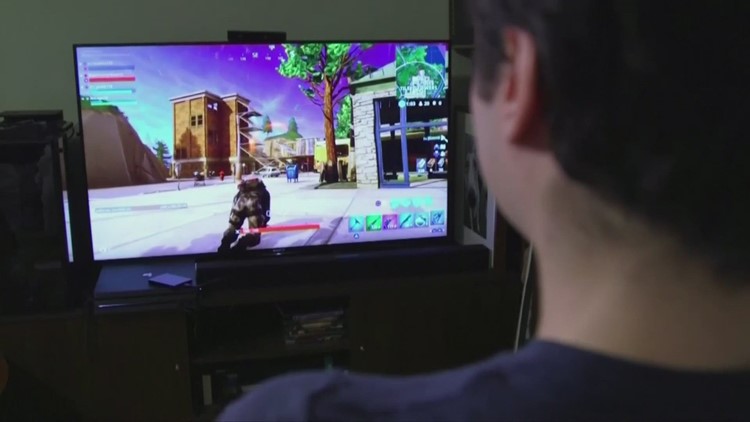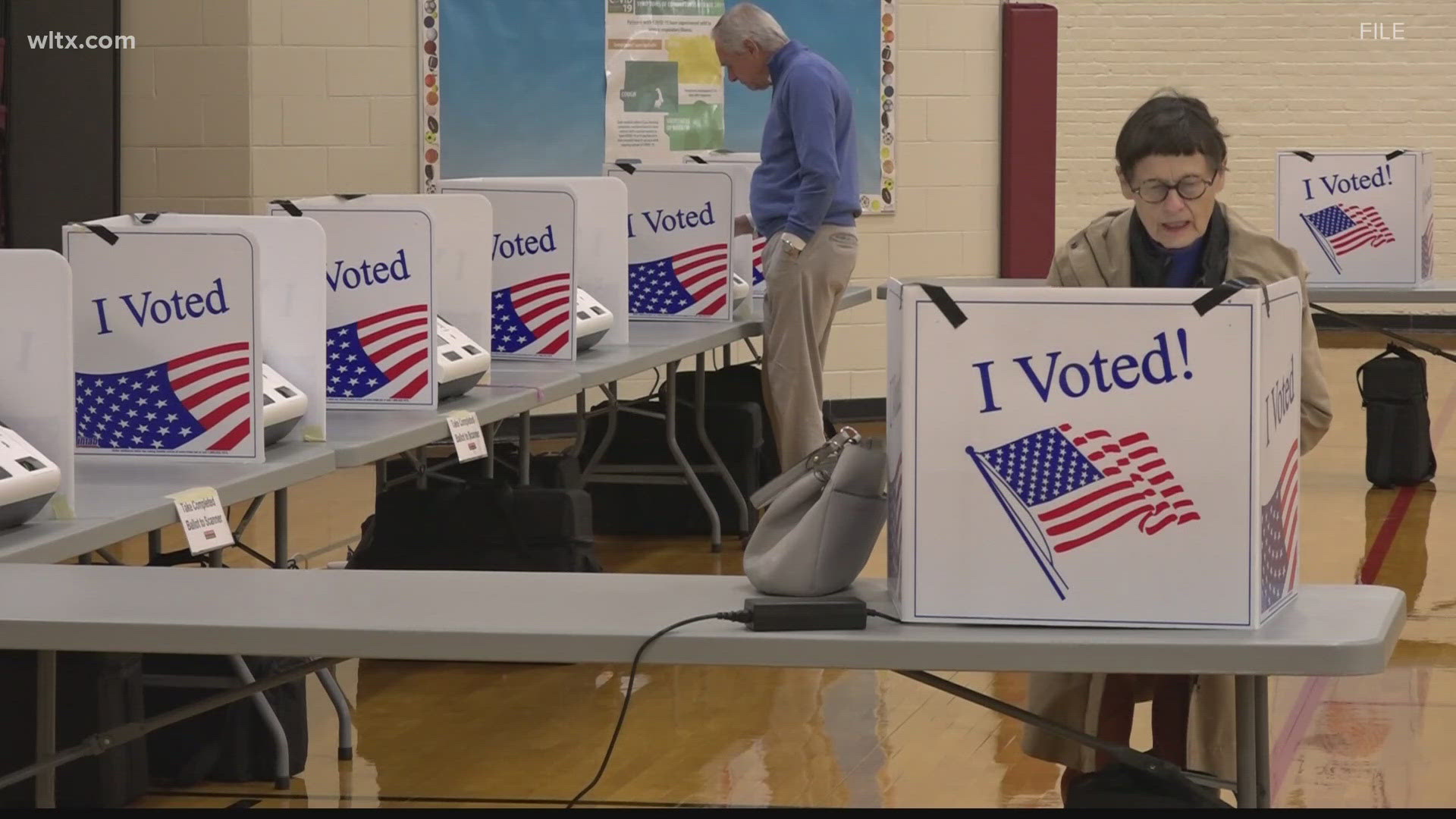SAN DIEGO — In a newly filed proposed class action lawsuit against the massively popular Fortnite video game, a group of children and parents allege the game's creator, Epic Games, targeted them and used their personal information as a way of boosting revenue.
The lawsuit, filed in San Diego Federal Court, says Epic Games violated state and federal protections of minors by capturing screen names, location, and biometric data of users who are under the age of 13 without parental consent. The company is doing so, according to the proposed class action, "to facilitate in-game purchases, target advertising, and sell merchandise."
Attorneys for the group of plaintiffs say Epic Games mined the personal information from Fortnite players to develop merchandise such as young children's clothing, in-game costumes, and dance moves, all designed for younger players. The lawsuit also alleges that Epic Games knowingly inserts in-game advertisements to lure children into spending money on affiliated items and brands.
"[U]sing children’s personal information to serve those children with targeted, behavior-based advertising, including in-game product placements – the most insidious kind of advertising. This behavior generated tens of millions, if not hundreds of millions of dollars (or more) in revenue for Defendant Epic," reads the lawsuit.
But it doesn't stop there, says the plaintiffs. Epic Games, thought Fortnite, also knowingly allowed children to enter interactive play and chat rooms without parental consent, often with adult strangers. Those interactions, alleges the lawsuit, "exposed children to bullying, threats, and harassment, including sexual harassment."
The allegations in the newly filed class action lawsuit should not come as a surprise to the video game giant, Epic, over Fortnite.
The newly filed lawsuit seeks to piggyback on Epic's $275 million payout in December 2022 for violating the Children’s Online Privacy Protection Act (COPPA) by not notifying parents that the company collected the personal information of minors without parental consent.
Then, in September 2023, Epic settled with the Federal Trade Commission, agreeing to issue $245 million in refunds to users who were unknowingly charged for in-game items and locked the accounts of those who complained about the charges.
The new class action looks to force Epic to pay parents and their children for the company's alleged data-mining of children's identifying information.
Attorney Jennifer Sclar is amongst those representing the plaintiffs.
Sclar says that the law is simple. "State and Federal laws recognize the unique vulnerability of children on the internet and are designed to protect the privacy interests of children over the profit of content creators and distributors and the advertisers that support them. Epic Games has made billions of dollars selling products to a target audience of children by collecting their personal information in violation of State and Federal law. Although no amount of money can restore the privacy that was invaded by Epic Games’ unlawful collection and use of the personal information of children for its pecuniary benefit, we seek just compensation for our Plaintiffs for the damage caused by Epic Games' egregious conduct."
CBS 8 reached out to Fortnite and Epic Games. In a statement issued after the original story was posted, a spokesperson for Epic told CBS 8 the following:
"These allegations do not reflect how Fortnite operates. Epic will fight these claims. Fortnite has high privacy default settings for players under the age of 18.
By default, voice chat is disabled, profile details are hidden, parties are set to 'Invite Only,' and personalized recommendations are turned off.
Additionally, when a player indicates they are under 13 or their country’s age of digital consent, their account will be a Cabined Account, which provides a safe and inclusive space to play Fortnite. They will be asked to provide a parent or guardian’s email address to receive consent to access certain features including chat and to make real money purchases.
Parents can review Epic’s privacy practices, set up Parental Controls, and verify they are an adult. Once the player receives parental consent their experience will respect their parent or guardian’s preferred Parental Control settings."
For more information on those safety controls, the spokesperson provided the links below:
Safety and security site: https://safety.epicgames.com/en-US
Cabined Accounts: https://www.epicgames.com/site/en-US/news/introducing-cabined-accounts-a-new-way-for-kids-to-join-the-metaverse
Additional info on Cabined Accounts: https://www.epicgames.com/site/en-US/cabinedaccounts
Settings updates:
FTC settlement response:



